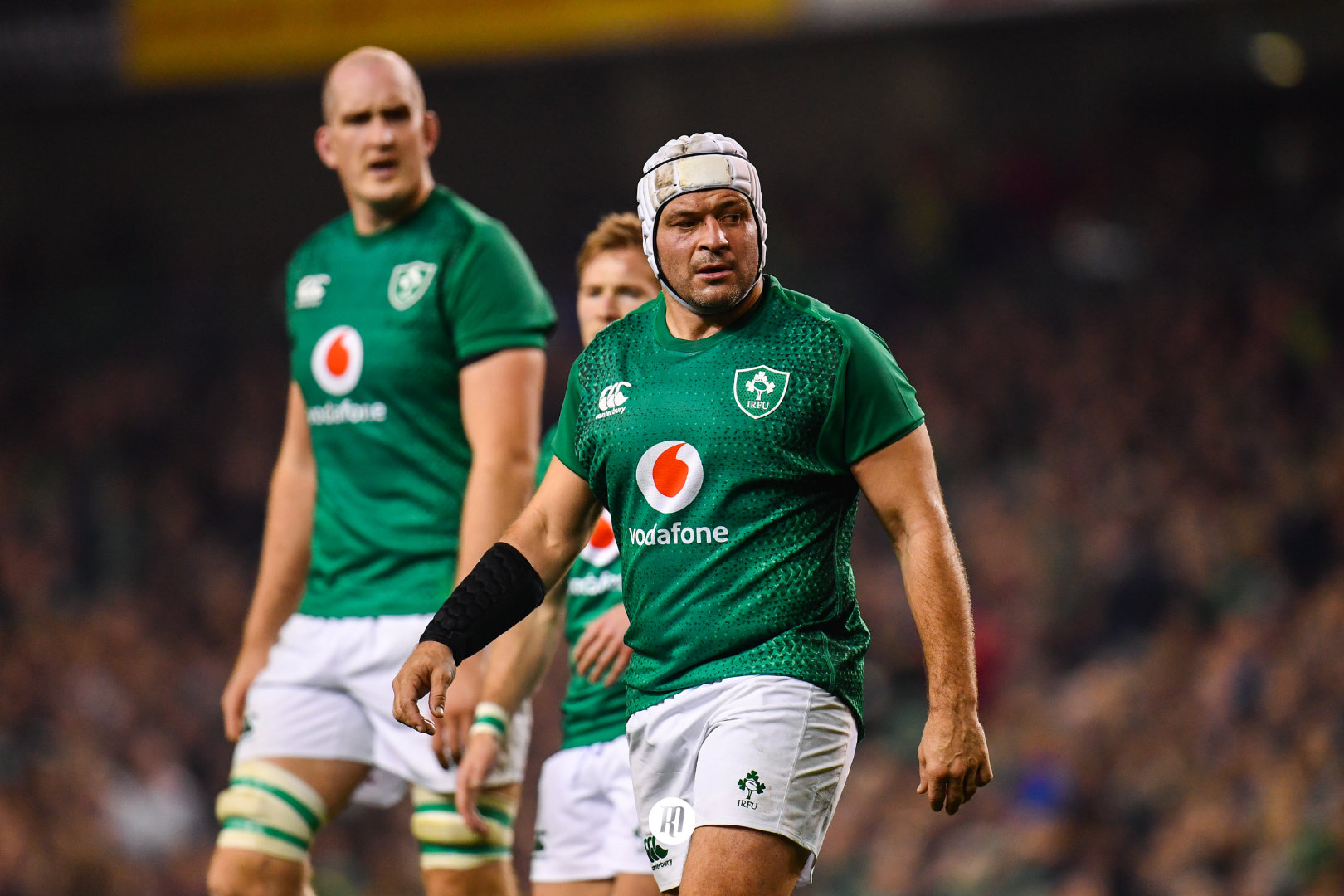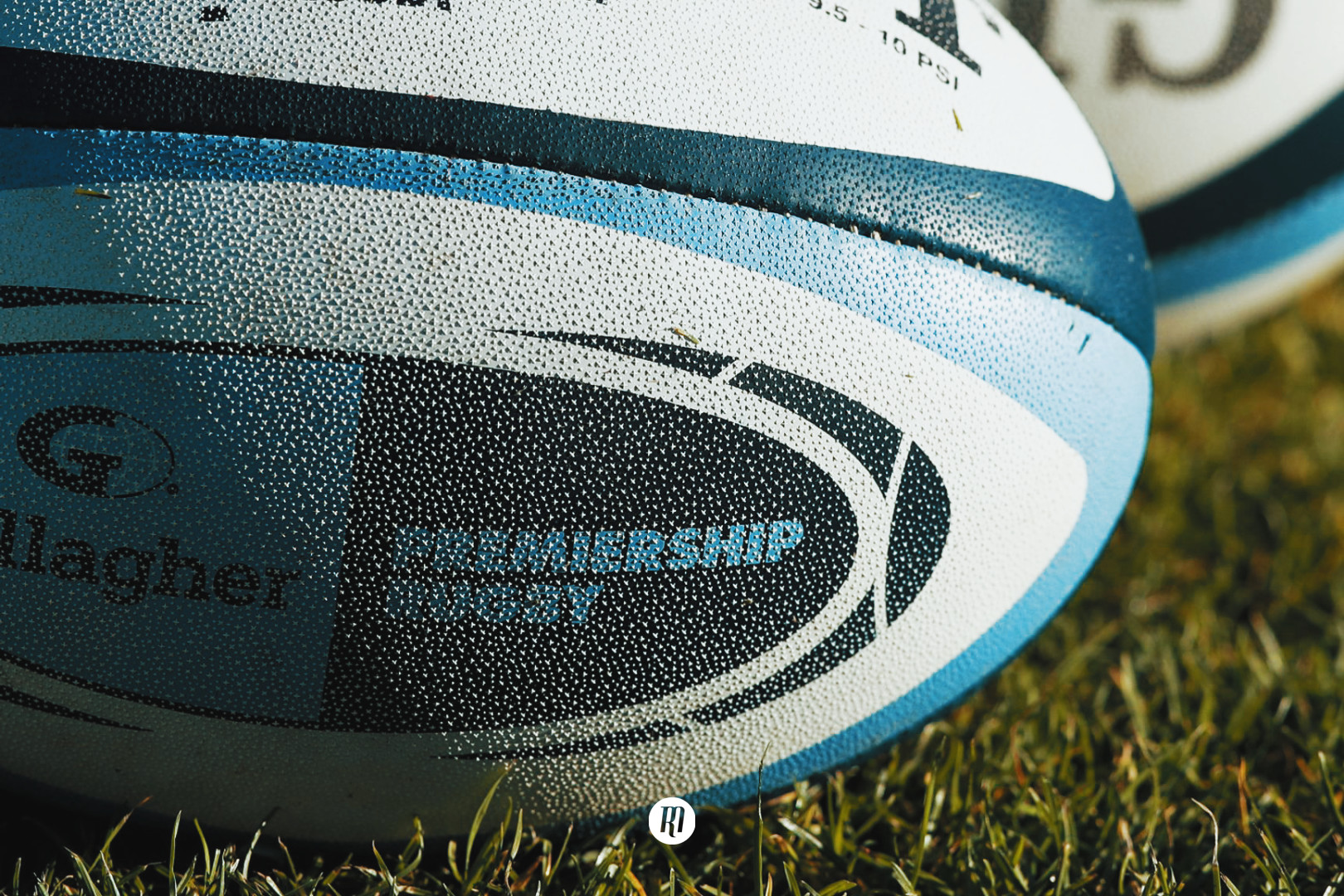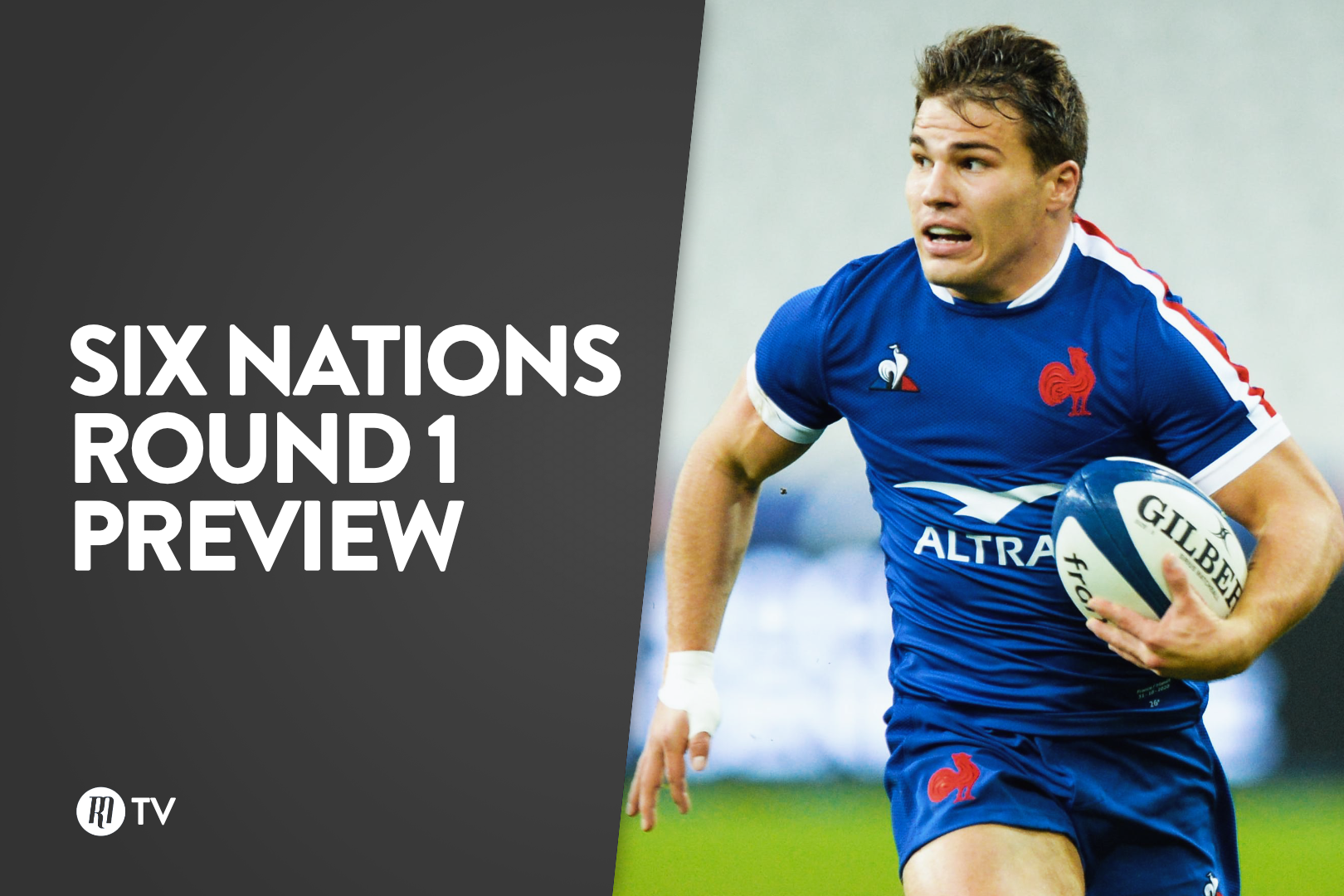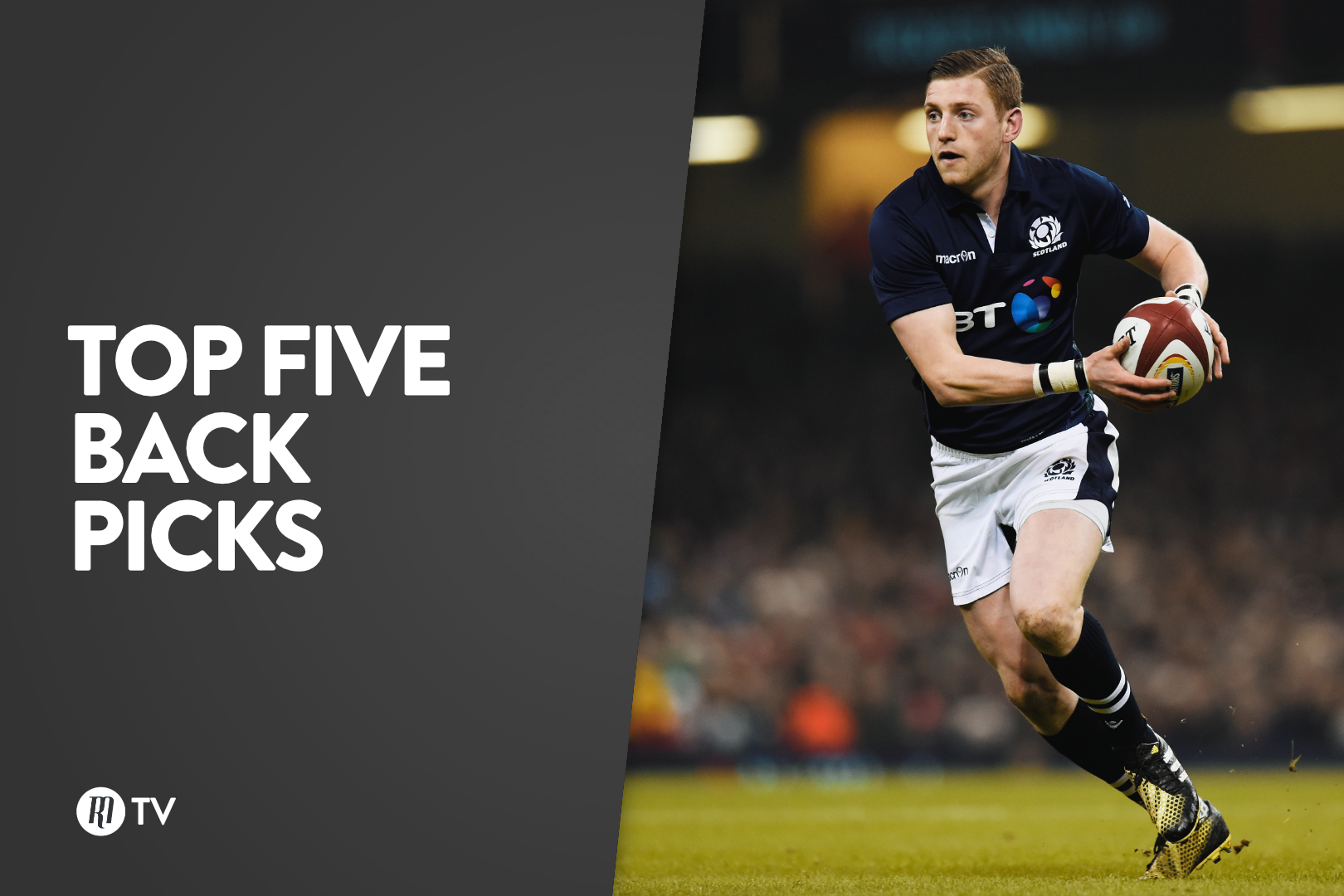Now is not the time to throw the baby out with the bath water
It’s a credit to the power of sport, and the Six Nations in particular, how much Ireland’s defeat to England yesterday hurt me. I, as an Irish fan, went through all five stages of grief towards the end of last night’s game.
It’s a credit to the power of sport, and the Six Nations in particular, how much Ireland’s defeat to England yesterday hurt me, a wanker on a sofa in Brighton who hasn’t had a drink in 2019 yet. I went through all five stages of grief towards the end of last night’s game.
Denial: Garces will call that play back for the massive forward pass right?
Anger: Why the **** didn’t Garces want the TMO to check the pass?
Bargaining: There’s still time to get back in this game, one line break and it’s back on.
Depression: Instead of the post-amble I put on an episode of Seinfeld (puffy shirt one with the low talker), refused to talk about the rugby for a while, probably tweeted some stuff about the English I would probably regret but can’t be bothered to delete.
Acceptance: Where I am now and what this blog is about.
Rugby is a collision sport. Over a decade ago that was somewhat debatable, as less fit players and worse defences let skill and speed create the magic geometry that a try comes down to. In the modern game defences are so good skill and speed serve the purpose of winning collisions and profiting off won collisions more effectively. If one team wins the collisions by a significant margin, it’s almost impossible for them to lose.
England dominated in the collisions, and that was that. There will be games occasionally where England or South Africa put out a fresh first choice pack and there will be nothing anyone (bar maybe France) can do about it. There’s a decent argument to be made that Mako Vunipola, Jamie George, George Kruis and Tom Curry all their best ever test matches (granted Curry is picking from a very small pool). Itoje, Sinckler, Billy Vunipola and Mark Wilson had great games too.
When players as big as they are and as talented as they are are able to maintain a level of intensity there’s no quality at the breakdown or defensive alignment that can stop them. Seen some talk about how Van der Flier offered nothing at the breakdown, but neither did Best or O’Mahony, because the breakdown was made inaccessible by the might of the English forwards. They need to be matched with body mass. Ireland didn’t, and even in an ideal world where everyone is fit and firing don’t, have that kind of mass. A team with Henderson and O’Brien in it could have fared slightly better. Stuart McCloskey might have been able to meet Manu Tuilagi on the gain line with more force and mass than Aki did.
The thing is, Ireland shouldn’t go looking for a massive team. There’s only going to be one or two occasions per world cup cycle that Cian Healy, CJ Stander and Bundee Aki appear anything close to underpowered (Stander had two broken bones in his face yesterday which may have played a part) and the alternatives don’t add that much more mass if any while offering less in the rest of their game. Physical freaks like Stephen Ferris don’t show up that often and the physiology department at Queens are still waiting to dissect him. England’s a country nine times the size of Ireland, they should theoretically produce nine Stephen Ferris’s in an equivalent period, and means having five at a time isn’t as impossible.
What Ireland need to do is stick with the style that won the slam last year and beat New Zealand, because they weren’t losing collisions last year. Playing with the power and intensity that England did yesterday more than once a year might be impossible. It certainly stands to reason that Ireland’s pack is much more likely to be able to maintain into the 13th, 14th, 15th test of the year at close to full pelt. The team that wins the world cup will be the strongest seven games in, not in week one, so it’s not time to throw it all away just yet.
As for strategic elements, they played their part. England were able to turn the screw on an already under pressure Ireland. Ben Youngs had his best ever game as a kicking scrumhalf and Johnny May had his best ever game under the high ball. Those two things combined took an outlet away from Ireland. If you can’t play your way out because you’re losing collisions, and you can’t kick your way out because you’re losing in the air, beyond some magic in the backline there’s no way out. There were some questions about Henshaw at fullback, and I think he was a factor but not a problem. He struggled to cover the backfield in the way Kearney does, and there’s a strong argument to be made that Ireland’s defensive strategy relies on covering the backfield in a way only Kearney can, but it took perfect kicking and perfect chasing to take advantage of it. While England have denied it, I don’t think they would have tried to exploit that space in the same way if they knew Kearney was there. Ultimately Ireland didn’t do a lot wrong, they just didn’t get to do a lot right because England did everything right.
Before I go, I think a similar message is needed in France. Bar an aberration of a slip/dodgy bounce/karmic fumble, Wales never get back into the game on Friday. If it wasn’t for one of the worst, most visually spectacular compound errors, Wales don’t win on Friday. For 95% of the aspects of play, France were better than Wales and looked pretty good. If they just drill it into their heads that the only appropriate course of action when you receive a dodgy pass is to get your head down and drive your body into the solar plexus of the defender in front of you, they might start winning games.

Filed under:
International, Six Nations, Ireland
Written by: Rory Boyd
Follow: @@Roarzz · @therugbymag




